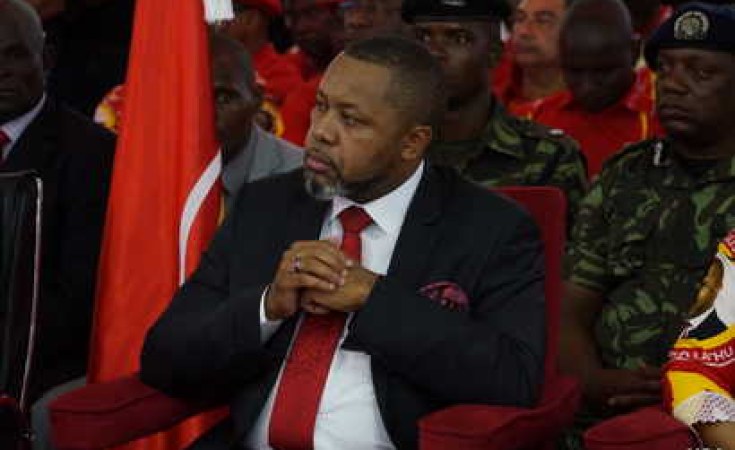Blantyre, Malawi — Malawi's Vice President Saulos Chilima was arrested in November of 2022 after being named among 84 individuals suspected to have received bribes from a U.K.-based businessman, Zuneth Sattar.
Malawi's Anti-Corruption Bureau accused Chilima of receiving kickbacks from Sattar in exchange for government contracts.
However, early this month, Director of Public Prosecutions Masauko Chamkakala filed a notice to the High Court to drop the case in which Chilima had not taken a plea after 18 months.
An order from High Court Judge Redson Kapindu issued Monday says all charges Chilima was answering to in connection to the case have been dropped.
Moses Mkandawire, the chairperson for the National Alliance Against Corruption, told VOA that the Malawi government should have let the case proceed in court if it wants to be taken seriously in its efforts to curb corruption.
"We have to look at what the law says if someone has offended, violated, abused a particular law," Mkandawire said. "It's extremely important that that person is brought before the courts of law because otherwise, we are just paying lip service to the fight against corruption."
Mkandawire said it's unfortunate that Malawi's fight against corruption continues to favor high-profile individuals despite commitments by President Lazarus Chakwera to fight corruption without fear or favor.
In May of last year, the DPP dropped a corruption case against former President Bakili Muluzi, who was accused of diverting $11 million donation to his personal bank account while in office between 1994 and 2004.
This came a month after President Chakwera pardoned a former minister of homeland security, Uladi Mussa, as an act of mercy during Easter. Musa was jailed in 2020 for corruption and placed on a U.S. travel ban.
In July of last year, Chakwera also pardoned the country's former minister of information Henry Mussa on poor health grounds. He was serving a nine-year jail term after being convicted of conspiracy to steal government property.
George Phiri, a former lecturer of political science at the University of Livingstonia, said dropping the case against Chilima is detrimental to the fight against corruption.
"Discontinuing a high-profile case, forgiving people whom the court has justified that they were guilty of an offense, I think, does not send a good message in the fight against corruption in Malawi," he said.
Malawian government authorities said dropping court cases is constitutional because the country's laws give the director of public prosecution the power to discontinue any case.
Reacting to the development, members of the United Transformation Movement party of Chilima on Tuesday took to the streets of the capital, Lilongwe, to celebrate the discontinuation of the case.
"We are excited of course as a party but the chief factor in this whole thing is the behavior of the vice president during the process," said party spokesperson Felix Njawala. "We have understood that really he is a man who respects the rule of law because he advised members of the party not to interfere with the process."
According to the court order, the director of public prosecutions must brief parliament on the reason for dropping the case against Chilima within 10 days.


